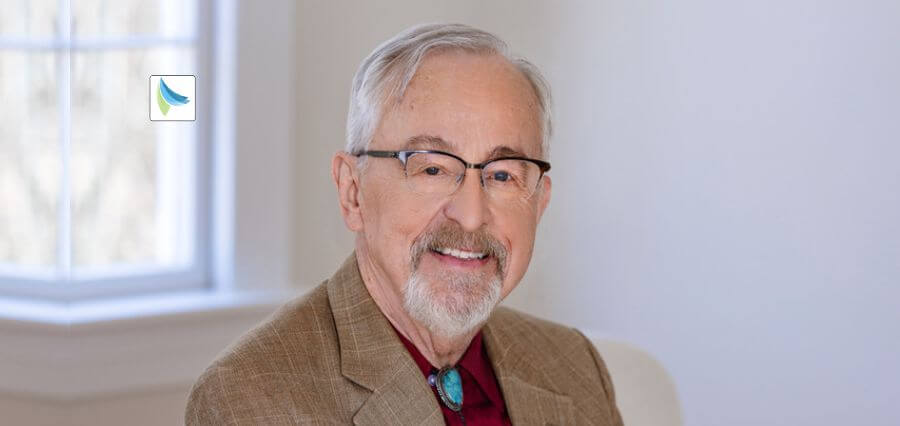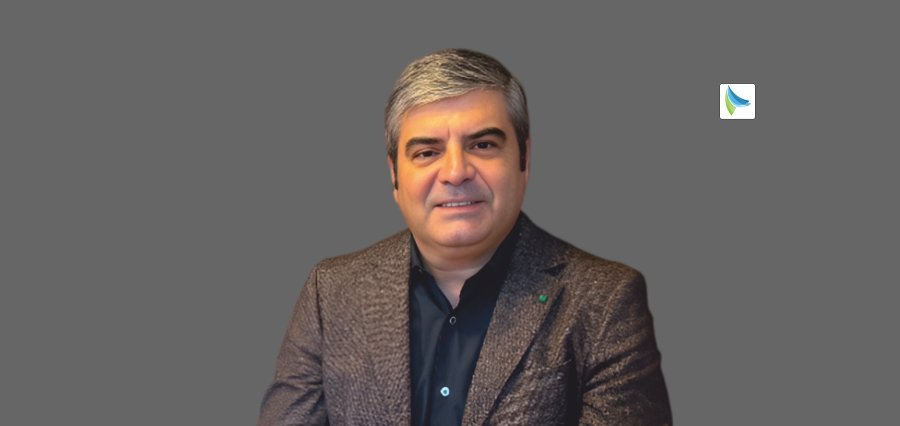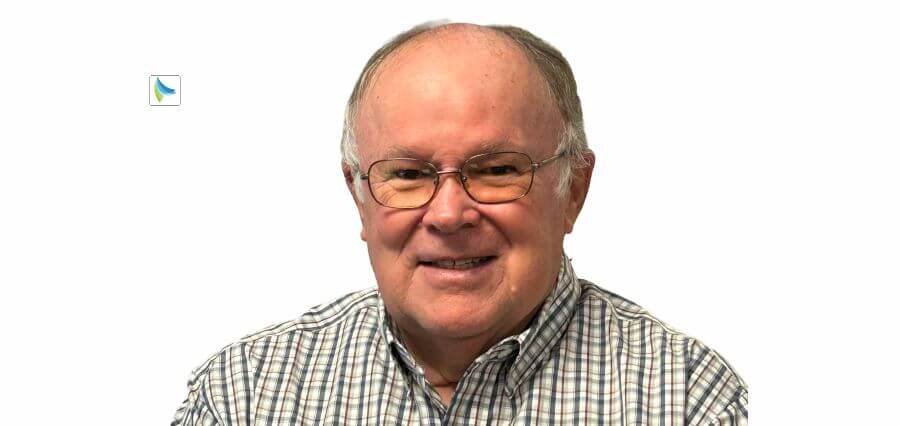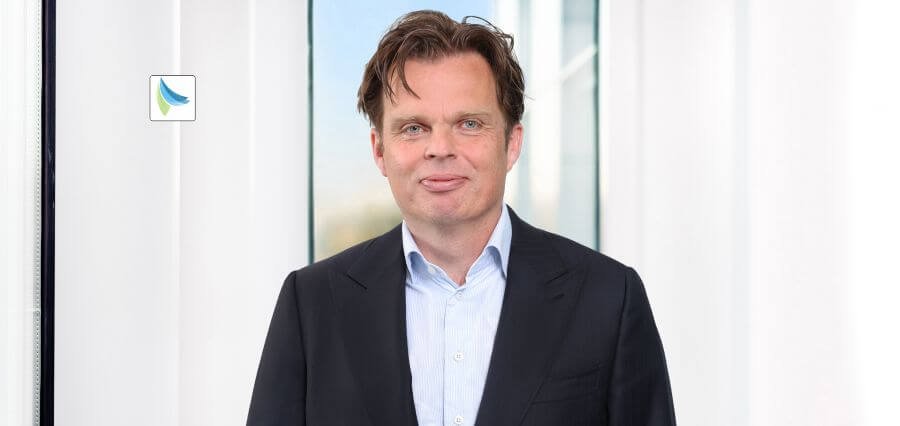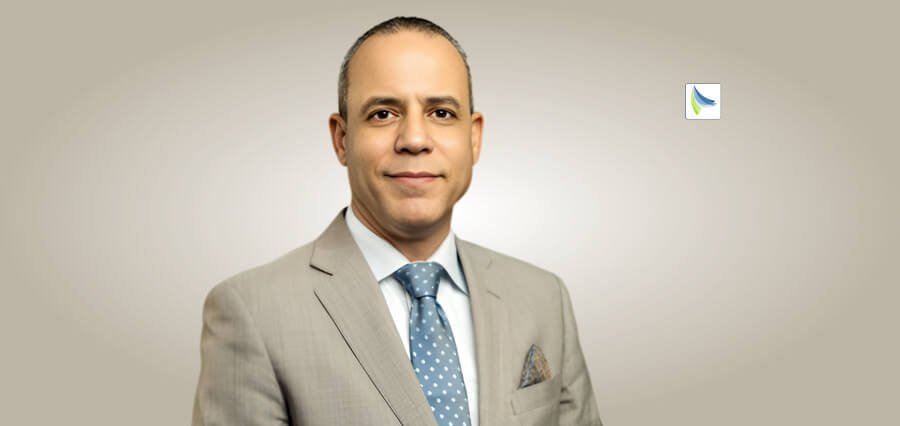Education, at its core, is more than a method to transfer knowledge. It is the bedrock of transformation, the seed from which societies blossom, and the key to unlocking the true potential of individuals. Amidst the corridors of this vast system, very few have dared to reimagine it, and even fewer have succeeded in revolutionizing it. Among those rare trailblazers stands Dr. Richard Larson, an individual who didn’t merely work within the system—he redefined it.
Richard Larson’s contribution transcends the classroom. He was a visionary who used his genius in operations research to solve real-world problems, from pandemics to smart cities. Over the course of 55 years at MIT, he inspired, mentored, and reshaped the way education is imparted. His work was not confined to academia but touched the lives of students, researchers, governments, and institutions across the globe.
This article takes you through the transformative journey of Professor Richard Larson—from his early beginnings to his unmatched achievements, his vision as a mentor, and the legacy he leaves behind as a pioneer in education and operations research.
Early Life and Academic Foundation
Born in 1943 in Bayside, Queens, New York City, Richard Larson spent his formative years in Pennsylvania before relocating to North Plainfield, New Jersey. From an early age, his intellectual curiosity was evident. After completing his high school education at Needham High School in Massachusetts, he embarked on a remarkable academic journey at the Massachusetts Institute of Technology (MIT).
At MIT, Richard Larson earned his Bachelor’s, Master’s, and Ph.D. in Electrical Engineering. However, his interests gradually began to stretch far beyond a single domain. His studies became a gateway into interdisciplinary exploration, ultimately setting the stage for a lifelong career that would blur the boundaries between engineering, education, and research.
Discovering the Power of Interdisciplinary Thought
During his school years, Richard Larson developed a keen interest in physics due to its logical elegance and structured learning. He found chemistry unappealing, while biology posed a challenge due to its rote memorization. This inclination led him to view himself as a libertarian learner, never confined by academic silos. He realized early on that traditional labels such as “physicist” or “engineer” could limit intellectual freedom.
Instead, he envisioned a career that allowed him to traverse disciplinary borders. This dynamic vision came to define his academic path, making him a bridge between conventional departments. Larson’s passion lay in solving problems through the lenses of multiple disciplines, a trait that would make his work both impactful and enduring.
A Distinguished Career at MIT
Professor Richard Larson’s academic home was MIT, where he spent over five decades. His roles were as diverse as his ideas. He taught across five academic departments, beginning in Electrical Engineering and culminating in interdisciplinary groups like the Institute for Data, Systems, and Society (IDSS).
His journey into MIT began with an unforgettable memory. As a high school student in Needham, Massachusetts, he received his acceptance letter in the schoolyard. Initially convinced that it was an error, Larson experienced what he later described as the “Groucho Marx Syndrome”—the disbelief that a prestigious institution would choose him. Yet, MIT had found a gem in Larson, and the academic world would soon recognize it.
Education as the Ultimate Investment
Dr. Larson passionately believed that education is the greatest investment a society can make. To him, it was not just a means to employment or financial success but a personal and societal asset that no one could ever take away.
He likened education to a ladder to new worlds—not a static structure but an evolving, life-long journey. With this belief, he dedicated himself to ensuring that students did not just learn facts but became empowered individuals capable of transforming their surroundings.
Influencing Students Beyond the Classroom
One of the most memorable episodes from Professor Larson’s teaching career involved a student who came to him feeling defeated and ready to drop out due to a poor grade. Instead of letting the student give up, Larson engaged him in meaningful dialogue, rediscovering the student’s commitment and reigniting his enthusiasm.
These one-on-one mentorships were not rare. Over the years, Richard Larson became known for his ability to inspire students, turning many into top achievers. His impact was often subtle but long-lasting, with numerous former students acknowledging his role in their personal and professional growth.
Achievements and Professional Contributions
Richard Larson’s career was adorned with leadership roles and landmark achievements. He served as president of the Operations Research Society of America (ORSA) from 1993 1994 and later as the past president of INFORMS (Institute for Operations Research and the Management Sciences) in 2005.
He was the co-director of MIT’s Operations Research Center for over 15 years and led the MIT BLOSSOMS (Blended Learning Open Source Science or Math Studies) Initiative. This educational project focused on creating high-quality video lessons to improve STEM education worldwide, especially in underserved communities.
Thought Leadership in Research and Policy
Richard Larson’s scholarly output includes over 175 scientific papers and six books. His topics ranged widely, from urban policing systems to pandemic response mechanisms. During the COVID-19 pandemic, his research provided crucial insights into vaccine distribution logistics and healthcare system optimization.
His work also delved deep into broader educational reforms, examining how operations research could be applied to restructure and improve public education in the United States. These contributions helped position operations research not just as a scientific field but as a tool for social innovation.
A Consistent Teaching Philosophy
Throughout his career, Dr. Larson’s teaching philosophy remains grounded in a simple but powerful goal: engage the student. Whether teaching airline scheduling models or queuing systems, he ensures that every lesson connects with real-world relevance.
He refers to operations research as the “most important invisible profession in the world,” highlighting how its principles silently drive much of modern society’s logistics, technology, and infrastructure. By demystifying the subject, he makes it accessible, engaging, and transformative.
Defining Visionary Leadership in Education
For Professor Larson, a true visionary leader is someone who educates students to think independently, act responsibly, and live as enlightened citizens. He cherishes inquisitiveness over rote learning, encouraging students to ask hard questions, challenge assumptions, and innovate.
He admires leaders who dare to carve out their own paths—often taking risks to challenge outdated systems and ideologies. For Richard Larson, shaping the minds of young thinkers is the most important leadership task of all.
Role Model and Legacy Builder
Professor Larson hopes to be remembered not just as a researcher or teacher, but as someone who adds genuine value to the world of education and operations research. He strives to push the boundaries of his discipline and takes deep pride in the many graduate students who go on to impactful careers across academia, industry, and government. His mentorship is more than academic guidance; it serves as a lifelong influence that shapes individuals to become changemakers in their own right.
Recognition and Awards
Richard Larson’s groundbreaking contributions were recognized with numerous awards. His first book, Urban Police Patrol Analysis (MIT Press, 1972), earned the prestigious Lanchester Prize. He received several Best Paper of the Year awards, including for “Modeling the Effects of H1N1 Influenza Vaccine Distribution in the U.S.” (with Anna Teytelman) and “STEM crisis or STEM surplus? Yes and yes” (with Yi Xue).
In 2015, he received the Lawrence M. Klein Award from the U.S. Department of Labor, and his work was featured in the New York Times, affirming his place as one of the most respected minds in modern academia.
A Lifetime of Impact
As Professor Richard Larson reflects on his life and legacy, his story emerges as a powerful testimony to the impact of vision, dedication, and empathy. He did not merely teach students; he equipped them with tools to change the world.
Through his research, mentorship, and leadership, he has transformed not only how we understand operations research but also how we view the purpose of education. Richard Larson redefined what it means to be a professor, a mentor, a researcher, and most importantly, a changemaker.
In an era that often glorifies speed and shortcuts, his life reminds us that true change is built patiently, layer by layer, across decades of meaningful engagement. Richard Larson is not just an architect of operations research—he is the unseen architect of countless futures reshaped through education.






